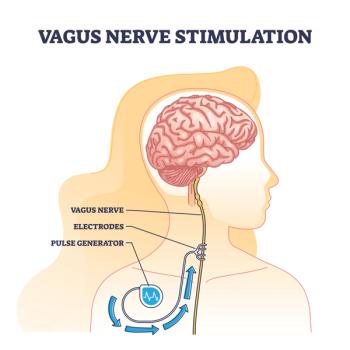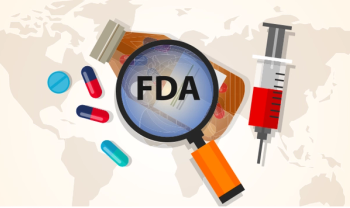
Ketamine Treatment Shows Promise for Treatment-Resistant Depression
In past trials, ketamine intravenous treatment has shown promise, with 64% of depression patients in trials experiencing major symptom relief.
Ketamine intravenous treatment (KIT) may be more effective than traditional medication management for those with treatment resistant depression (TRD), helping reduce symptoms and improve responses to treatment, according to new a study published in the 2025 issue of
Nearly 3 million Americans have TRD, a condition where two or more antidepressants don’t improve your depression symptoms. TRD often leads to disability and higher suicide risk —30% of TRD patients have attempted suicide compared to 15% with regular depression and 1.8% of the general population, according to the study.
In past trials, KIT treatment has shown promise, with 64% of patients in trials experiencing major symptom relief. However, many of these previous trials have struggled to find consistent results due to small sample sizes and varied methods across clinics.
KIT is commonly used in community clinics, but there's little research on its effects for complex TRD patients in controlled, standardized settings.
To explore this area in depth, researchers aimed to compare depression symptom changes in patients receiving standardized KIT versus those using traditional medication management in a large healthcare system.
Using electronic health records, depression symptoms were tracked in 143 adults observing 9-item Patient Health Questionnaire (PHQ-9) scores over six weeks.
Participants 18 and older were Kaiser Permanente members receiving KIT or medication management from 2018 to 2022. Patients with schizophrenia, neurocognitive impairment, pregnancy, incomplete data or insurance loss were excluded. Researchers expected KIT to show better results but noted that complex psychiatric issues might impact outcomes.
It was found that patients receiving KIT for TRD were 72% more likely to experience a significant improvement in symptoms (a 50% or greater reduction in PHQ-9 scores) compared to those receiving standard medication management.
On average, the KIT group’s depression scores dropped by 2.25 points more than the medication management group.
However, rates of full remission were low (8% for KIT, 5% for medication management) and not statistically different between groups.
Even though there were some improvements, the remission rates for KIT were lower than in previous studies. This could be due to participants having more severe depression, symptoms were measured after treatment and the treatment was given in a controlled setting.
KIT’s effects only last about 20 days, and the lack of follow-up treatments could have also affected the results.
Participants with higher depression levels, anxiety and personality disorders had worse outcomes.
However, there was no clear link between BMI and how well the treatment worked, which is similar other studies.
Because this study’s findings align with prior research, it reinforces the efficacy of KIT in addressing TRD.
In addition, the study used a standardized treatment protocol across five sites, ensuring consistency in the data. The study also highlighted the challenges of treating these patients in real-life situations.
Researchers suggest that doctors treating patients with severe depression, anxiety or personality disorders should consider combining treatments and setting realistic expectations for improvement. Since BMI didn’t affect how well patients responded to KIT, it was also recommended doctors shouldn’t prioritize obese patients for this therapy.
Future research should include larger studies with higher KIT doses, longer follow-ups and more precise tools for measuring results to better understand KIT’s effects and potential benefits, researchers add.
Newsletter
Get the latest industry news, event updates, and more from Managed healthcare Executive.























